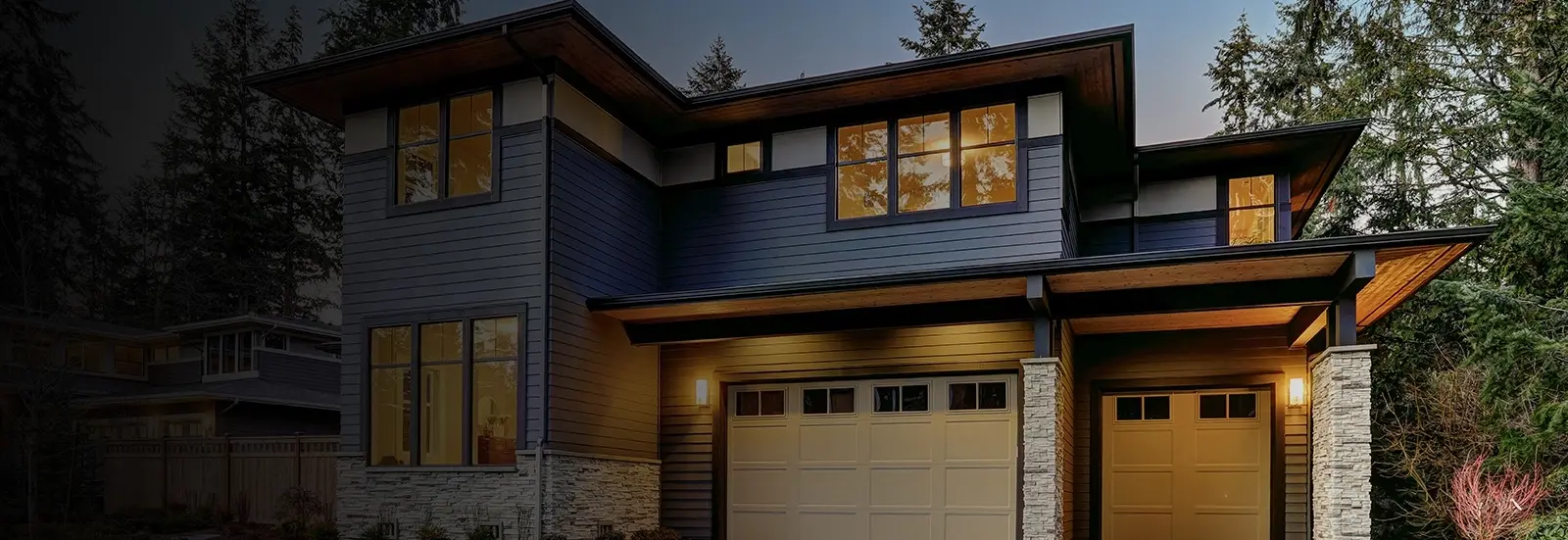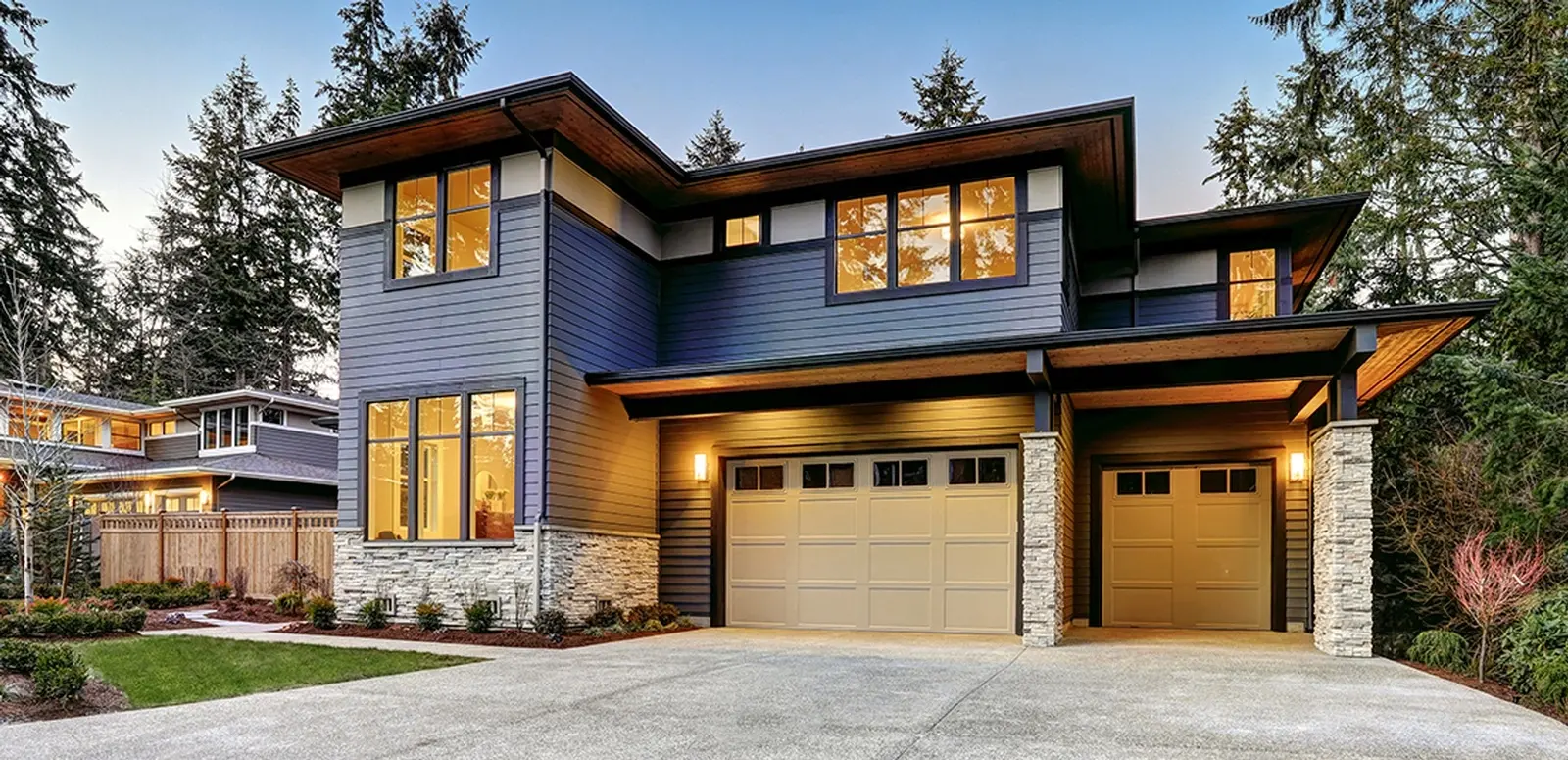- Is there a fee for mortgage broker services?
- Fixed or Variable, What type of mortgage should I consider?
- What to expect during the mortgage approval process?
- Can I Get Pre-approved for a Mortgage?
- What is an additional mortgage, and is it right for me?
- What is the minimum down payment for a mortgage?
- Should I have a home inspection?
- What is mortgage default insurance?
- Can I use gifted funds for a down payment?
- Can I use my RRSP for a down payment?
- What paperwork do I need?
- Why is a financing condition important in an offer to purchase?
Mortgage broker fees can vary. In some cases, brokers are compensated by lenders, which means their services may come at no direct cost to you. However, there are situations where brokers charge a fee, often disclosed upfront, for their services. It's essential to discuss fees with your chosen broker to understand the specifics.
The choice between fixed and variable-rate mortgages depends on your risk tolerance and market conditions. Fixed-rate mortgages offer consistent payments over the term, providing stability but might have slightly higher initial rates. Variable-rate mortgages can offer lower initial rates but come with the risk of fluctuating payments based on market interest rates.
The mortgage approval process involves several steps. You'll need to provide financial information, documentation, and consent for a credit check. Lenders assess your creditworthiness, debt-to-income ratio, and other factors. They will determine the mortgage amount you qualify for and provide a pre-approval or approval letter. The process may vary slightly depending on the lender and your circumstances.
Yes, getting pre-approved for a mortgage is highly recommended. Pre-approval involves a lender evaluating your financial situation to determine the maximum loan amount you're eligible for. This provides you with a clear budget when house hunting and shows sellers that you're a serious buyer.
An additional mortgage, also known as a second mortgage, is a separate loan taken on a property with an existing mortgage. It's often used to access home equity without refinancing the first mortgage. This option might be suitable for consolidating debts, funding home improvements, or covering significant expenses. However, it's important to understand the terms, interest rates, and potential risks associated with an additional mortgage before proceeding. Consulting a financial advisor can help determine if it's right for you.
The minimum down payment varies depending on your location and the price of the home. In Canada, for example, it's typically 5% of the purchase price.
Yes, a home inspection is recommended to identify any potential issues with the property before purchasing it.
Mortgage default insurance (also known as CMHC insurance in Canada) is required for down payments less than 20% to protect the lender in case of default.
Yes, you can use gifted funds for a down payment, but there are specific requirements to follow.
Yes, you can withdraw funds from your Registered Retirement Savings Plan (RRSP) under the Home Buyers' Plan to use for a down payment.
You'll typically need proof of income, credit history, employment details, property details, and other financial documents.
A financing condition allows you time to secure a mortgage approval before committing to the purchase. It protects you in case you're unable to secure financing.


